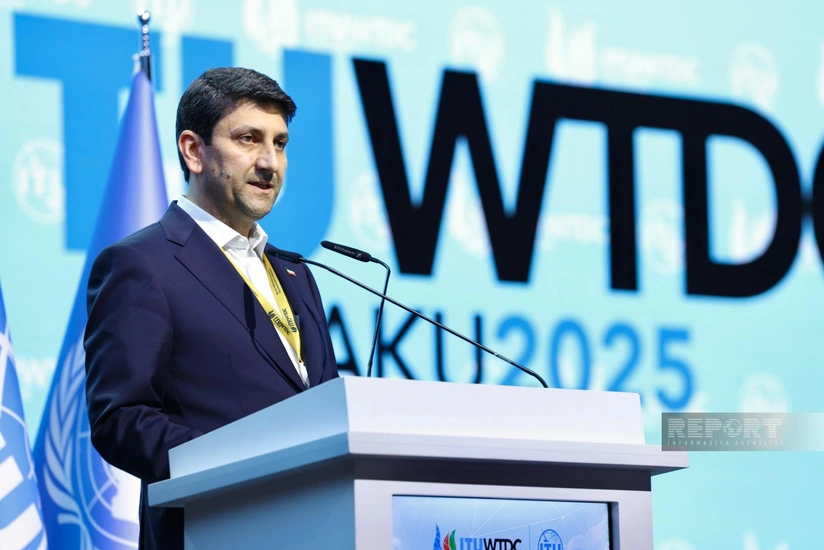Tajikistan official warns of global AI imbalance
- 18 November, 2025
- 17:55

To further deepen and expand mutually beneficial cooperation within the International Telecommunication Union (ITU), Tajikistan has presented three key initiatives, said Isfandieri Sadullo, Head of the Communications Service under the Government of Tajikistan, at the plenary session of the World Telecommunication Development Conference (WTDC-25) in Baku, Report informs.
"The first initiative is to explore opportunities for accelerated development of ICT infrastructure and digital connectivity in landlocked countries. The goal is to ensure equal access to modern technologies and overcome geographic limitations. Landlocked countries inherently complicate the development of telecommunications infrastructure and increase the associated costs," Sadullo said.
He emphasized that Tajikistan highly values ITU's potential in achieving Sustainable Development Goal 9, which aims to create sustainable infrastructure, promote inclusive industrialization, and encourage innovation.
"The second initiative concerns the development of artificial intelligence to accelerate sustainable development, particularly for developing countries. We are concerned that approximately 90% of global computing power and scientific potential in AI is concentrated in the ten most developed countries. This concentration creates the risk of deepening digital inequality and leaving entire regions technologically behind," Sadullo said.
Sadullo added that Tajikistan is actively developing this sector and is interested in expanding cooperation within the ITU in all areas related to artificial intelligence.
"Finally, the third initiative is the development of internationally agreed approaches and standards aimed at improving citizen safety when using social media. Global platforms play a key role in information exchange, but they also become channels for the dissemination of harmful content-disinformation, extremist materials, and privacy threats. In Tajikistan, as in many developing countries, millions of people use social media, increasing risks-from the manipulation of public opinion to cyberattacks on critical infrastructure," he stressed.
